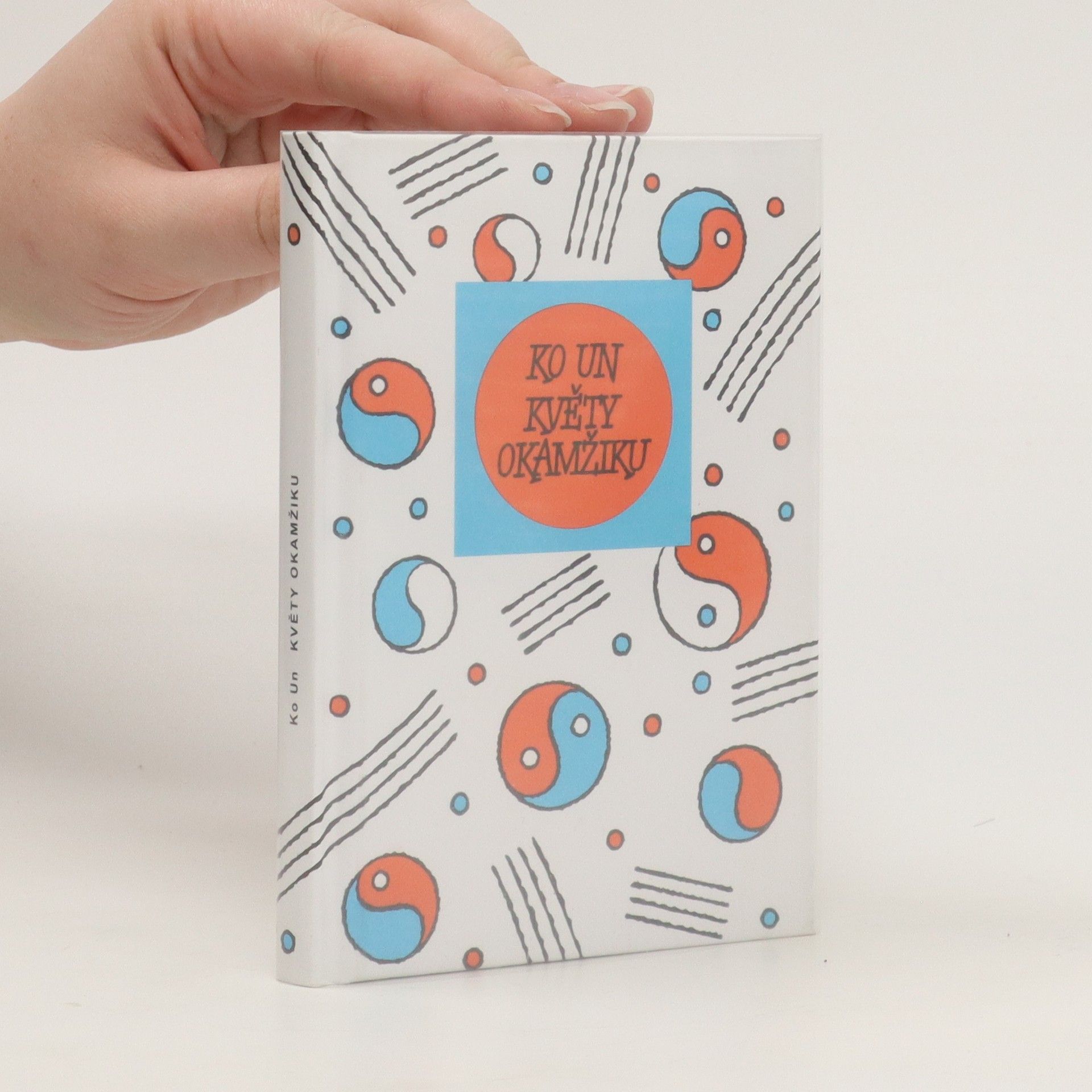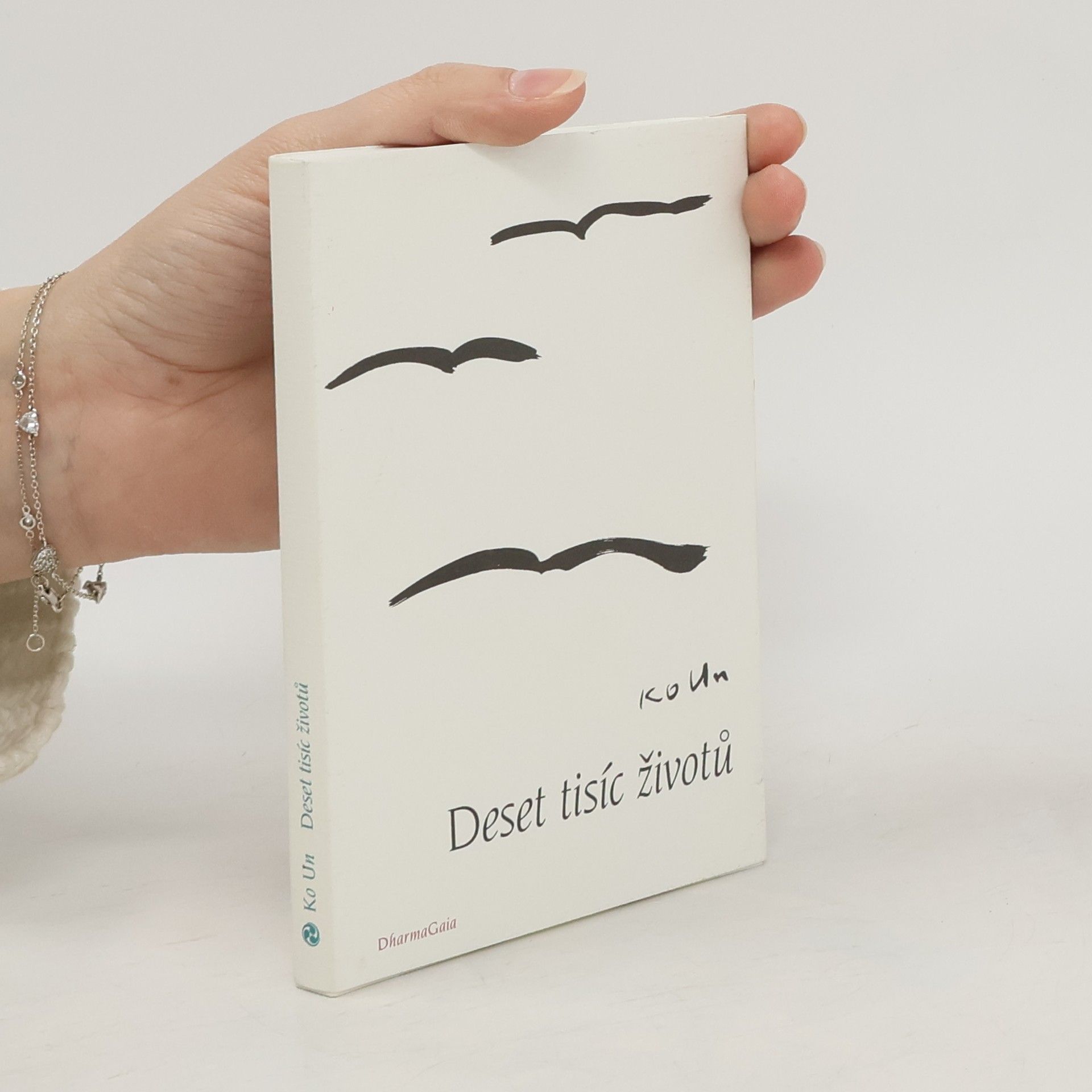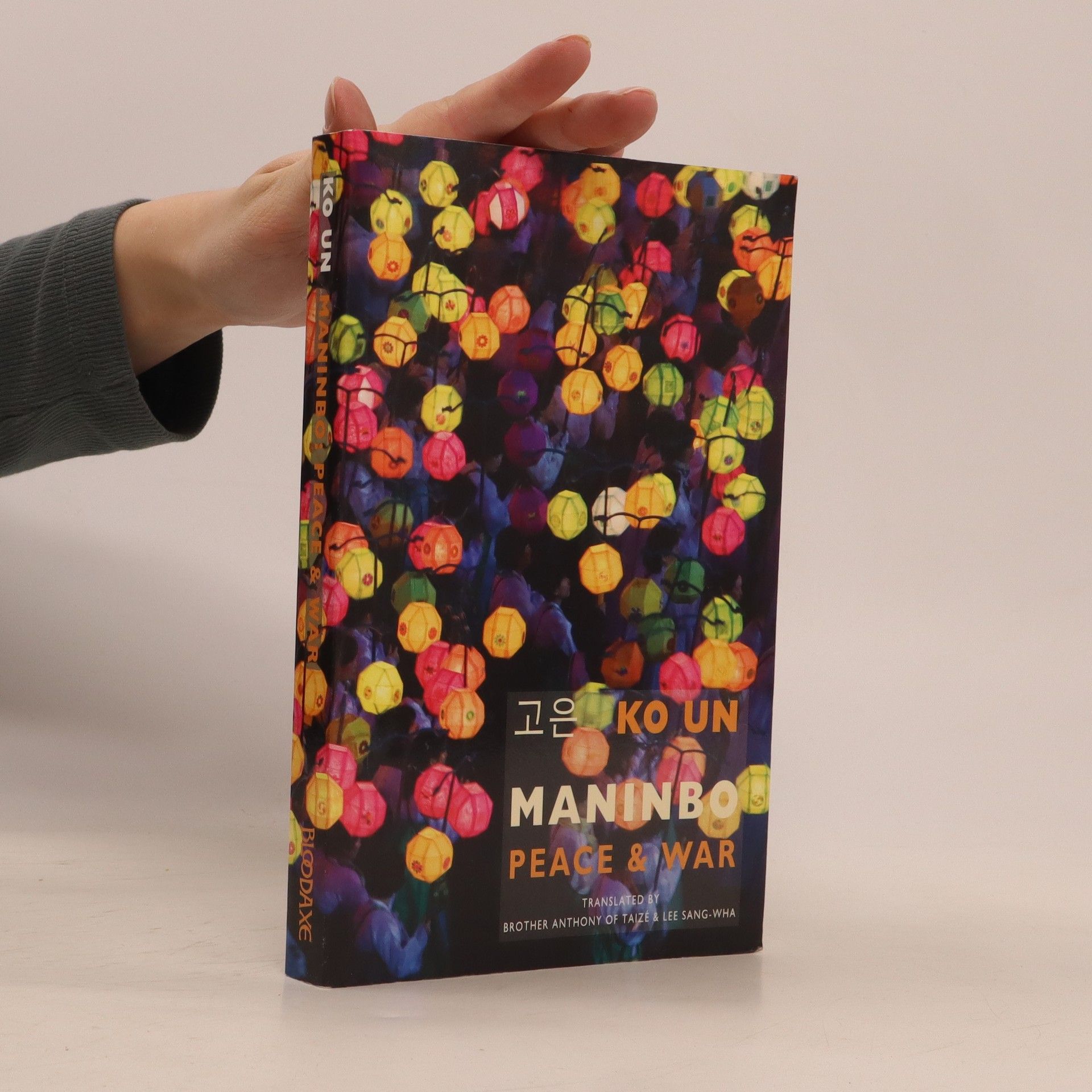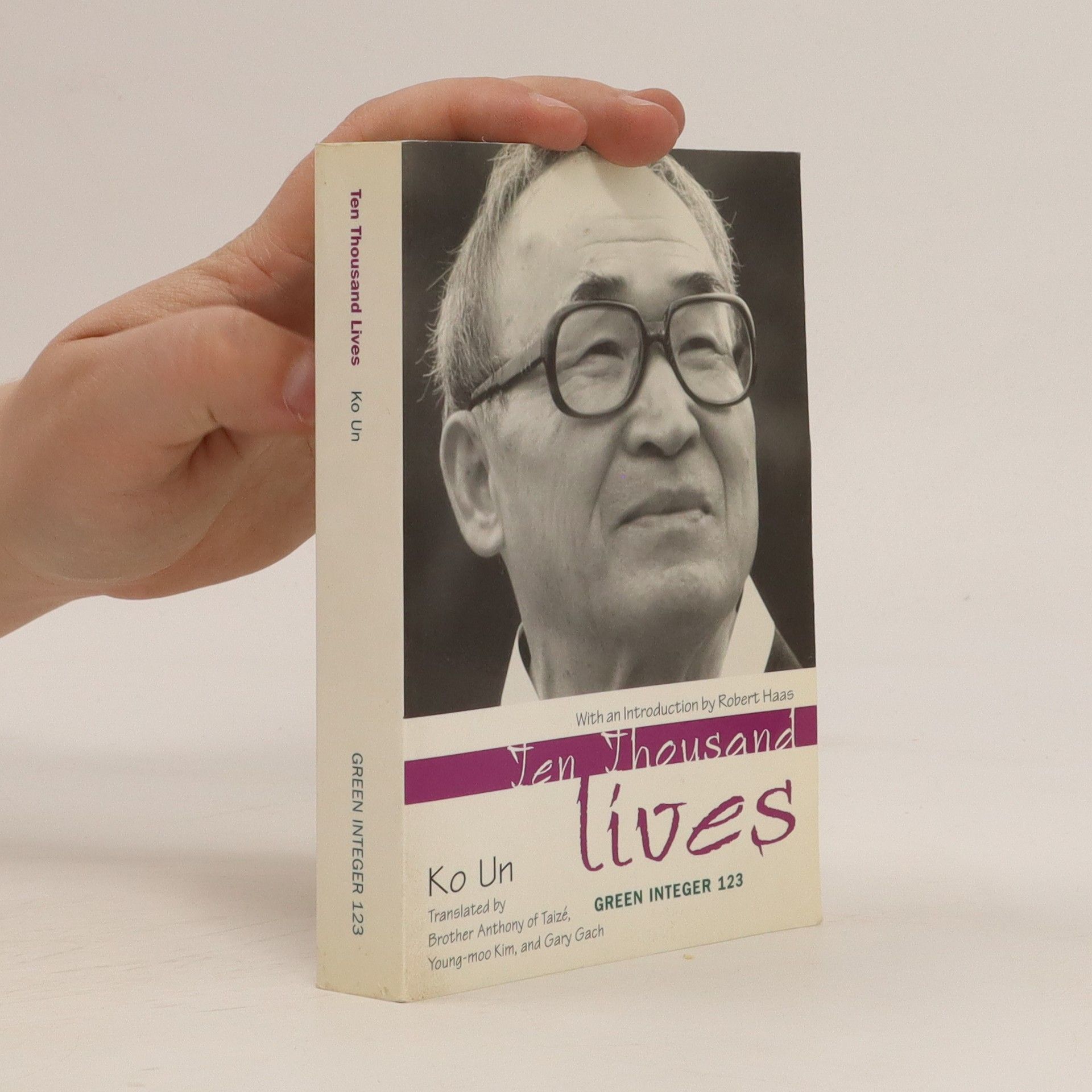Selection from the Korean poet's epic 30-volume series of books featuring a poem about every person he has known in his 81-year life.
Ko Un Book order (chronological)
Jiří Kolář (1913–2002) was a pivotal figure in post-war Czech art, known for his relentless experimentation and boundary-pushing approach to traditional artistic forms. A leading proponent of Art Informel and a founder of the UB 12 group, Kolář's work was deeply influenced by his profound interest in language, poetry, and the visual dimensions of communication. His artistic practice was characterized by the innovative use of "overprints" and techniques of transformation and recombination, where he merged diverse materials and imagery to forge novel meanings and perspectives. Kolář's enduring legacy lies in his persistent drive for artistic innovation and his significant synthesis of literature and visual arts.







Tato sbírka je výběrem básní z prvních deseti dílů dosud neuzavřeného Ko Unova opusu magnum Maninbo (Záznamy deseti tisíců životů), které začal psát v roce 1985. Dnes má přes třicet dílů a autor v něm zaznamenává osoby, s nimiž se na své životní pouti turbulentním 20. stoletím setkal.
Kŭ kŏsŭn
- 85 pages
- 3 hours of reading
Sbírka korejské poezie. – Bilingvní vydání. „Těžko se ve světové literatuře hledá paralela k takové osobnosti, jakou je básník Ko Un. V jeho více než půlstoletí dlouhém literárním životě se oceňuje jeho láska ke korejské demokratizaci, cesta umělce plna příběhů, jeho excelentní recitace veršů atd. Korejci dobře znají Prahu jako město kultury a památek, Čechy jsou známé jako země literatury se zázemím, rodícím spisovatele světového formátu, jakými jsou Kafka a Milan Kundera. Jsem velmi potěšen, že sbírka Ko Unovych veršů inspirovaná jeho životem plným zvratů vychází v češtině. Jsem nesmírně zvědav, jakou odezvu v Češích vyvolají korejské pocity a myšlenky. Doufám, že vydání této sbírky se stane nástrojem rozsévajícím sympatie mezi Korejci a Čechy a že rozšíří pole porozumění.“ O Kap-rjol velvyslanec Korejske republiky v České republice
Flowers of a Moment
- 140 pages
- 5 hours of reading
Featuring 180 brief zen poems, this collection showcases the profound simplicity and spiritual depth of Korea's most cherished poet, celebrated for his evocative language and contemplative themes. As a four-time Nobel Prize nominee, the poet's work invites readers to explore the nuances of life, nature, and the human experience through a lens of tranquility and insight. Each poem serves as a meditative reflection, encouraging mindfulness and a deeper connection to the world around us.
Ten Thousand Lives
- 364 pages
- 13 hours of reading
Born in 1933 in a small rural village in Korea’s North Cholla Province, Ko Un grew up in a Japanese-controlled land that was soon to experience the horrors of the Korean War. He became a Buddhist Monk in 1952, and began writing in the late 1950s. Ten Thousand Lives is his major, ongoing work, which began during his imprisonment, with a determination to describe every person he had ever met. Maninbo , as it is known in Korea, is now in its 20th volume, and he has plans for five more volumes before its completion. The selection in this volume—from the first 10 volumes—represents one of the major classics of twentieth-century Korean literature, published for the first time in English.
Sbírka přináší poezii korejského básníka Ko Una, kandidáta na Nobelovu cenu za literaturu, který se během korejské války a další desetiletí potuloval po celé Koreji jako žebravý mnich. Koncem 60. let se přerodil v politického aktivistu a disidenta, čtyřikrát vězněného, ve třetím případě byl odsouzen na patnáct let. Dnes je ale Ko Un přítelem současného korejského prezidenta i řady dalších významných politických osobností. Ve svých básních však Ko Un rozvíjí především tradici korejské zenové poezie, založené na detailním a do paradoxů dovedeném zachycení scenérie či prožitku. V českém jazykovém prostředí je překlad současné buddhistické poezie výjimečným edičním počinem.